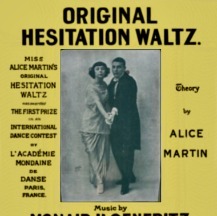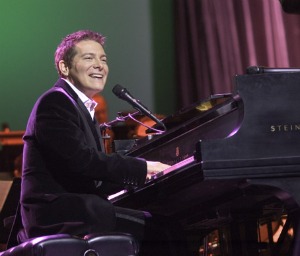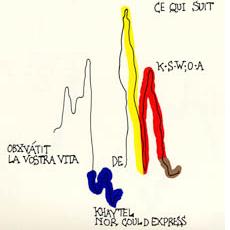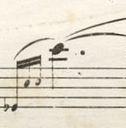Frequently a pianist may hesitate before an important note of arrival in a phrase. Singers are more likely to stretch after they achieve the important note, hesitating to end it. (It's normal for singers to emphasize sustained vowels. Consonants can usually be prolonged only a limited amount -- even in Italian!) In scripted piano music, waiting just before important notes (especially if they are harmonically expressive) is tied in with knowing … [Read more...]
Piano Vocal
Preparing the month of shows I'm hosting on Q2 -- sent me into a studio for several hours of recording voice tracks, my commentary. I was wearing headphones so the microphone-heard sound of my own talking was in my ear. It made me wonder all over again: Do the sounds a pianist makes from the piano have any relation to that person's physical voice? For me it's concerning if a musician has a particularly harsh or unmodulated speaking voice. One … [Read more...]
Art is long
Long notes are more important than short notes. Pianists often get confused. Because we don't hold out long-duration tones with bow or breath, it's easy to underestimate their significance. Virtuoso pianists spend so much time attending to what's difficult in virtuoso pieces that it can seem these difficulties -- often passages of short, quick notes -- really are the most important thing in a piece of music. Frequently, it's the other way … [Read more...]
Roll
Some elaborate preparations to long notes in piano music are attempts to mimic the ways singers can begin a sound. The many shadings and extensions of initial consonants may get translated into piano music as multiple short notes, usually notated in small print. Though often marked with a slur, this kind of writing can still be confusing. The articulateness of the keyboard is certainly what's not wanted -- these are compound sounds. I … [Read more...]




